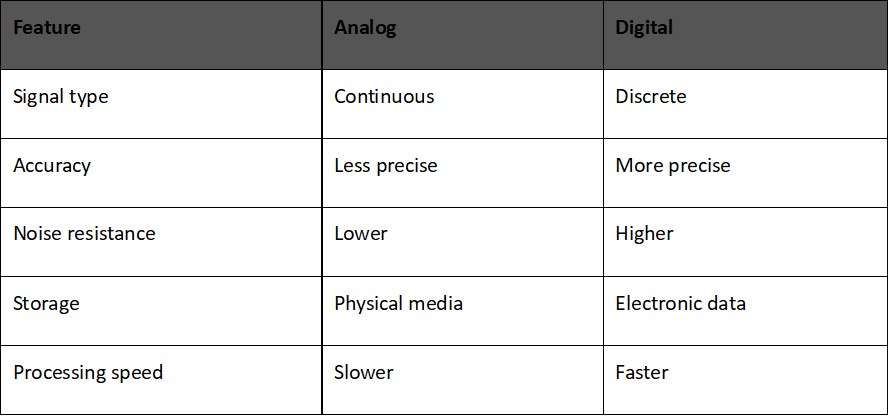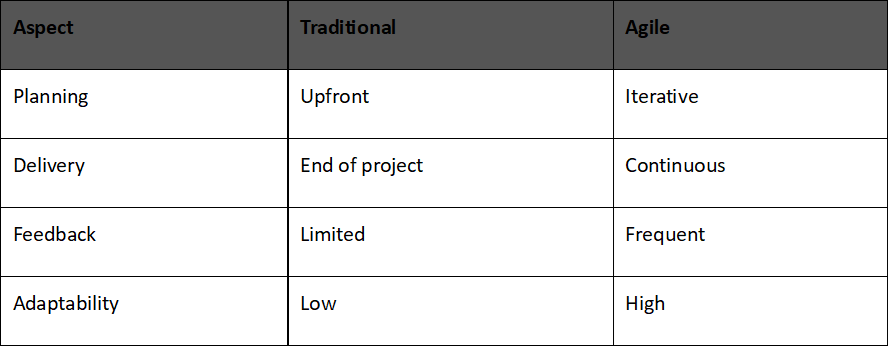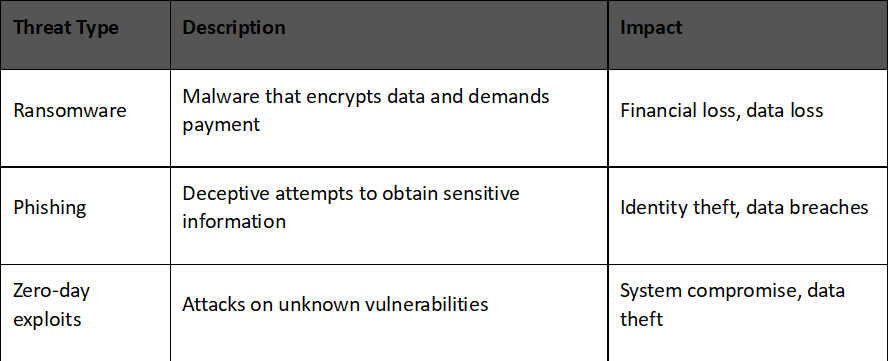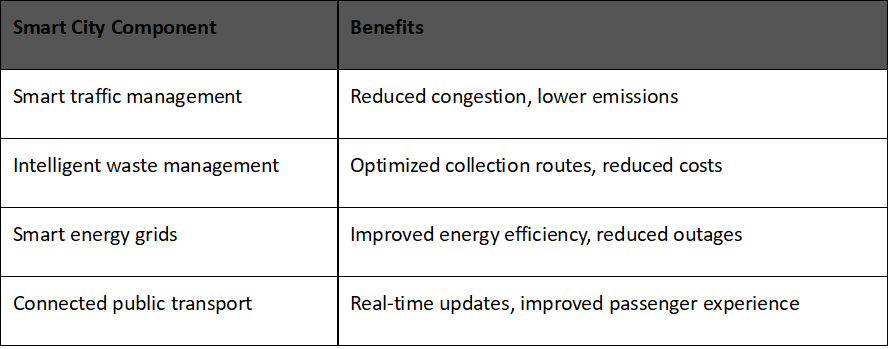Technology and Software

Have you ever stopped to think about how deeply technology and software have woven themselves into the fabric of our daily lives? From the moment we wake up to our smartphone alarms to the late-night Netflix binge, technology is omnipresent. But this digital revolution isn't slowing down – it's accelerating at a breakneck pace, reshaping industries, redefining human interaction, and pushing the boundaries of what's possible. 🚀💻
As we stand on the cusp of groundbreaking innovations, from artificial intelligence to quantum computing, it's crucial to understand the trajectory of this technological evolution. How will emerging software trends impact our future? What role will cybersecurity play in our increasingly connected world? And perhaps most importantly, how will these advancements affect society as we know it?
In this blog post, we'll embark on a journey through the landscape of technology and software, exploring its evolution, current trends, and the potential it holds for our future. We'll delve into the cutting-edge developments shaping our digital world, examine the critical importance of cybersecurity, and contemplate the profound impact these innovations have on our society. So, fasten your seatbelts as we dive into the exciting realm of bits, bytes, and beyond! 🌐✨
The Evolution of Technology

From analog to digital
The transition from analog to digital technology marked a pivotal moment in technological evolution. This shift revolutionized how we process, store, and transmit information.
Key differences between analog and digital:

The rise of personal computing
Personal computers transformed the technological landscape, bringing computing power into homes and offices. This era saw the emergence of iconic brands and operating systems that shaped the industry.
Milestones in personal computing:
- 1975: Altair 8800, one of the first personal computers
- 1981: IBM PC introduces the standard PC architecture
- 1984: Apple Macintosh debuts with graphical user interface
- 1995: Windows 95 launch popularizes PCs for home use
Mobile revolution
The mobile revolution ushered in an era of unprecedented connectivity and portability. Smartphones and tablets became ubiquitous, fundamentally changing how we interact with technology and each other.
Internet of Things (IoT)
IoT represents the latest frontier in technological evolution, connecting everyday devices to the internet. This interconnected ecosystem of smart devices is reshaping industries and daily life, from smart homes to industrial automation.
Software Development Trends

Agile methodologies
Agile methodologies have revolutionized software development, emphasizing flexibility, collaboration, and rapid iteration. These approaches prioritize customer satisfaction through continuous delivery of valuable software.
Key Agile frameworks:
- Scrum
- Kanban
- Extreme Programming (XP)
- Lean Software Development

DevOps practices
DevOps bridges the gap between development and operations teams, fostering a culture of collaboration and shared responsibility. This approach streamlines the software delivery pipeline, enabling faster and more reliable releases.
Artificial Intelligence integration
AI is increasingly being integrated into software development processes, enhancing productivity and innovation. Machine learning algorithms are being used for code analysis, bug detection, and even automated code generation.
Low-code and no-code platforms
These platforms democratize software development by allowing non-technical users to create applications with minimal or no coding. This trend is accelerating digital transformation across industries.
Blockchain applications
Blockchain technology is finding applications beyond cryptocurrencies. In software development, it's being used for secure and transparent data management, smart contracts, and decentralized applications (DApps).
As we explore these trends, it's clear that the software development landscape is rapidly evolving. Next, we'll delve into the emerging technologies that are shaping our future beyond just software.
Emerging Technologies Shaping the Future
5G Networks
5G networks represent a significant leap forward in wireless communication technology. With speeds up to 100 times faster than 4G, 5G enables:
- Ultra-low latency
- Massive device connectivity
- Enhanced mobile broadband

Quantum Computing
Quantum computing harnesses the principles of quantum mechanics to process information. Key advantages include:
- Solving complex problems exponentially faster
- Revolutionizing cryptography and data security
- Advancing drug discovery and financial modeling
Extended Reality (AR/VR/MR)
Extended reality technologies are transforming how we interact with digital content:
- Augmented Reality (AR): Overlays digital information on the real world
- Virtual Reality (VR): Immerses users in fully digital environments
- Mixed Reality (MR): Blends real and virtual worlds seamlessly
These technologies are finding applications in education, healthcare, and entertainment.
Edge Computing
Edge computing brings data processing closer to the source, offering:
- Reduced latency
- Improved privacy and security
- Enhanced reliability in areas with poor connectivity
This technology is crucial for IoT devices and real-time applications. As we explore these emerging technologies, it's clear that they will significantly impact various industries and our daily lives.
Cybersecurity in the Digital Age
Threat landscape
In today's digital age, the cybersecurity threat landscape is constantly evolving. Cyber attackers are becoming more sophisticated, employing advanced techniques to exploit vulnerabilities in systems and networks. Some of the most prevalent threats include:
- Ransomware attacks
- Phishing and social engineering
- Zero-day exploits
- IoT device vulnerabilities
- Supply chain attacks

Data protection strategies
To combat these threats, organizations must implement robust data protection strategies. These strategies should focus on:
- Encryption of sensitive data both at rest and in transit
- Regular security audits and penetration testing
- Employee training on cybersecurity best practices
- Implementation of multi-factor authentication
- Continuous monitoring and threat intelligence
Biometric authentication
Biometric authentication has emerged as a powerful tool in enhancing cybersecurity. This technology uses unique physical characteristics to verify identity, offering several advantages:
- Increased security compared to traditional passwords
- Convenience for users
- Difficulty in replication or theft
Zero trust architecture
Zero trust architecture is gaining traction as a comprehensive approach to cybersecurity. This model assumes no trust by default, requiring verification from everyone trying to access resources in the network. Key principles include:
- Verify explicitly
- Use least privilege access
- Assume breach
As we move forward, these cybersecurity measures will play a crucial role in protecting digital assets and maintaining trust in our increasingly connected world.
The Impact of Technology on Society
Digital transformation in businesses
Digital transformation has revolutionized the way businesses operate, leading to increased efficiency and competitiveness. Companies are leveraging technologies such as cloud computing, artificial intelligence, and data analytics to streamline processes and enhance decision-making.
Key benefits of digital transformation:
- Improved customer experience
- Enhanced operational efficiency
- Data-driven insights
- Increased agility and innovation
Smart cities and infrastructure
- Smart cities utilize technology to improve urban living and sustainability. By integrating IoT devices and data analytics, cities can optimize resource management and enhance public services.

E-learning and remote work
The rise of e-learning platforms and remote work technologies has transformed education and employment. These advancements offer greater flexibility and accessibility, breaking down geographical barriers.
Benefits of e-learning and remote work:
- Increased access to education and job opportunities
- Reduced commuting time and costs
- Improved work-life balance
- Enhanced global collaboration
Ethical considerations in tech development
As technology continues to advance, ethical considerations become increasingly important. Developers and policymakers must address issues such as data privacy, algorithmic bias, and the impact of automation on employment.
Key ethical challenges:
- Balancing innovation with privacy protection
- Ensuring fairness and transparency in AI systems
- Addressing the digital divide and tech accessibility
- Mitigating the environmental impact of technology
The rapid advancement of technology and software continues to reshape our world in profound ways. From the evolution of computing power to cutting-edge software development practices, we've witnessed remarkable progress. Emerging technologies like artificial intelligence, blockchain, and the Internet of Things are poised to revolutionize industries and daily life. As we embrace these innovations, the importance of robust cybersecurity measures cannot be overstated, safeguarding our digital assets and privacy.
- As we look to the future, it's clear that technology and software will play an increasingly integral role in shaping society. By staying informed about the latest trends and developments, we can better navigate this digital landscape and harness its potential for positive change. Whether you're a tech enthusiast or simply curious about the future, embracing technological literacy will be key to thriving in our ever-evolving digital world.



